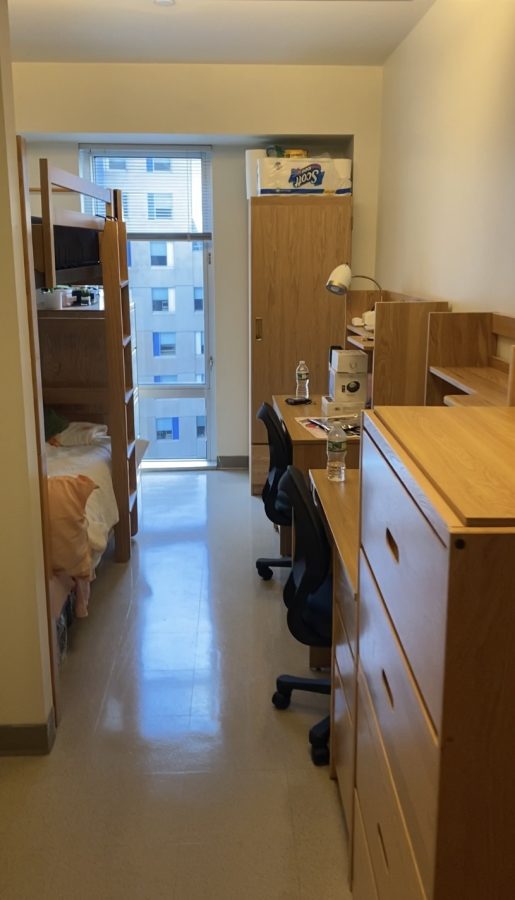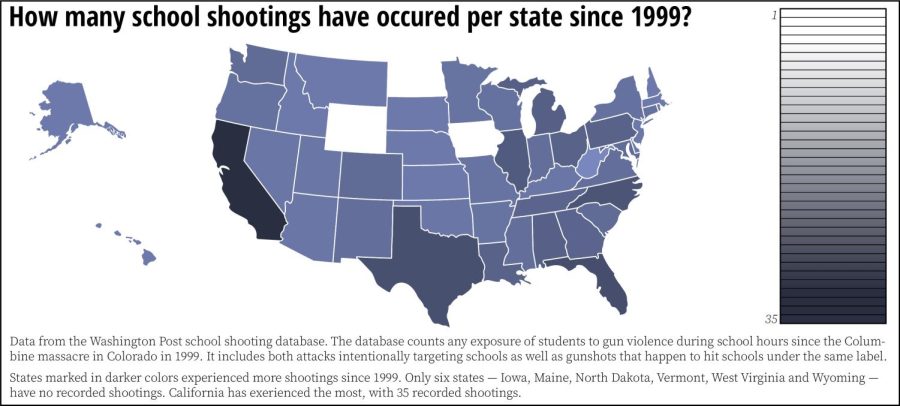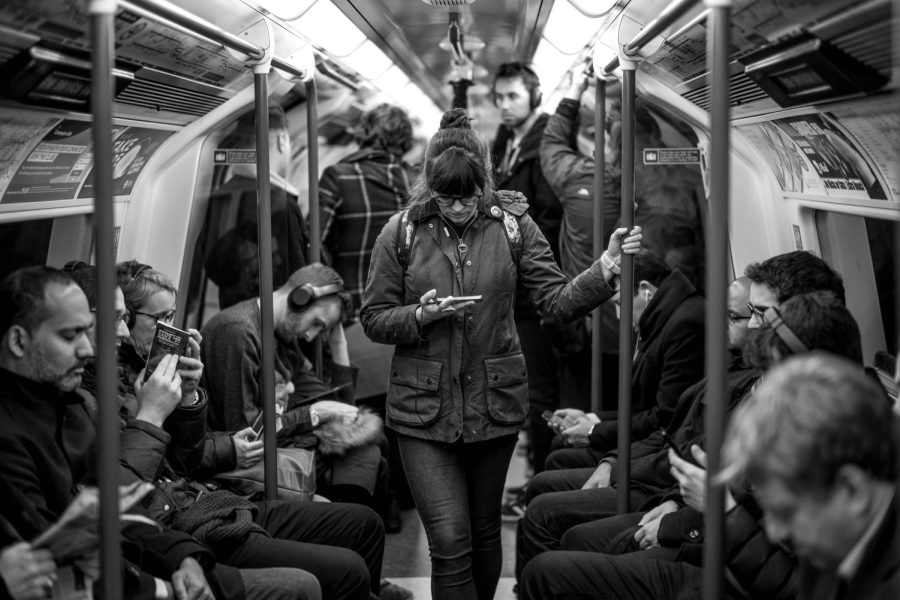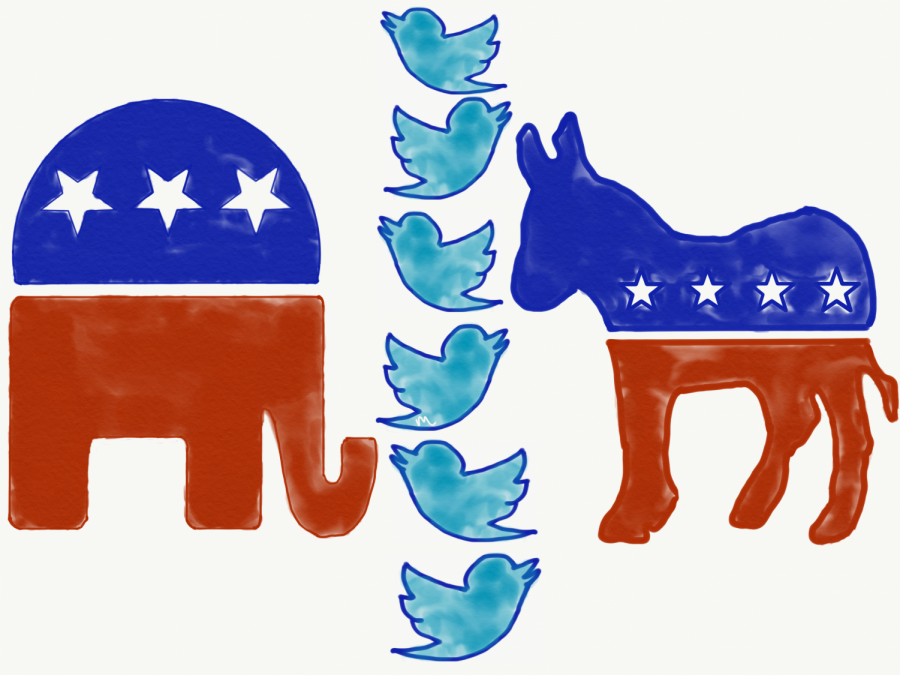By Sean Connolly, Editorial Section Editor
The US minimum wage has been abysmally low for a long time and public opinion is increasingly in favor of a raise. The truth is, the current minimum wage in most of the country is insufficient to lead a comfortable life, especially for families.
We know this from countless statistics; the difference between a yearly income from minimum wage and the cost of living in most places throughout the US is striking. The Massachusetts Institute of Technology (MIT) estimated in 2014 that the minimum cost of living for a single person in Boston to be a little less than $24,000 per year after taxes. Working 40 hours per week on Boston’s minimum wage of $9 per hour creates a yearly income of about $18,720. That’s a discrepancy of over $5,000. A large percent of this cost is housing, so by finding a roommate the average minimum-wage worker might be able to get by, but it certainly isn’t a comfortable situation.
There are several arguments as to why people in certain lines of work don’t deserve better pay. One is that these people are somehow not working hard enough to deserve it. In reality, the types of jobs looked down upon are often extremely labor-intensive. Jobs in areas like retail and fast food often involve long days doing physical work and interacting with customers who expect to be treated with complete respect no matter how unreasonable they may be.
Another argument is that the possibility of getting a wage increase is an incentive for people to work harder and move up the career ladder. Having higher wages in unskilled labor, they argue, will encourage more people to have these types of jobs and erase ambition for advancement. However, people don’t end up in low-wage jobs from lack of ambition; more often, it’s due to a lack of access to education and a low availability of better work. This argument also ignores the fact that these low-paying jobs are necessary to our economy. According to the Bureau of Labor Statistics, in 2012, 10.2 percent of US employees worked in the retail industry where many jobs are considered unskilled lines of work. Telling people to “get a better job” is ignoring the fact that, if everyone managed to find better jobs, a major section of our economy would collapse.
Every human has a right to a comfortable existence, no matter their line of work. People working in high-stress jobs that are essential to our economy are earning wages they can barely survive on. To give all Americans the chance to succeed, the minimum must be increased.
The Fight for $15 has become a massive movement to increase the minimum wage to a living wage. In June 2014, Seattle became the first major US city to establish a $15 minimum wage and, a year later, in June 2015, Los Angeles followed suit. Presidential hopeful Sen. Bernie Sanders, I-Vt., has made the institution of a $15 minimum wage a major part of his campaign platform. Vice President Joe Biden has also announced his support for the increased wage. Demands for increased minimum wage are gaining traction throughout the country, and it doesn’t seem like the momentum behind this movement will decrease anytime soon.
Photo Courtesy Emilian Robert Vicol, Creative Commons















